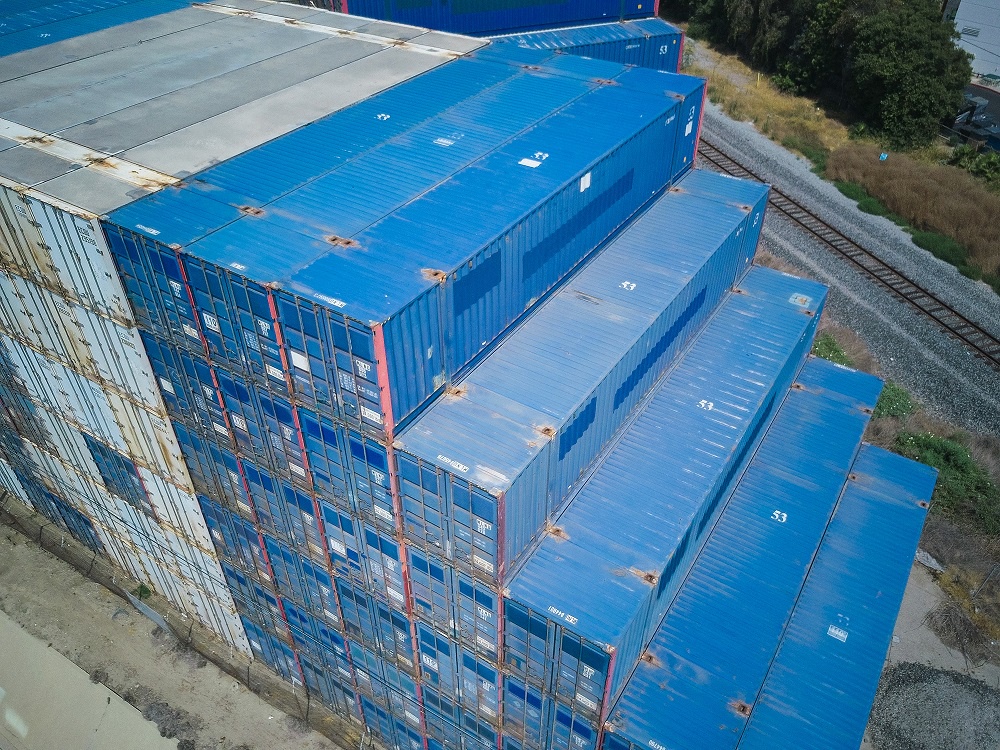The customs declaration service (CDS) is transforming the way businesses trade goods into and out of the UK. Implemented in August 2018 by HM Revenue and Customs (HMRC), CDS aims to create a more digital and streamlined customs process in preparation for Brexit.
CDS replaces the old Customs Handling of Import and Export Freight (CHIEF) system. Unlike CHIEF, CDS is designed to handle increased customs activities and trade volumes post-Brexit. It will process up to 300 million declarations per year, compared to CHIEF's current capacity of under 100 million.
Key Features of CDS
CDS enables traders to submit all customs information electronically in a standardised format. This reduces paperwork and improves efficiency. Declarations can be made via API integration or through web forms on Gov.UK.
The service offers deferred payments via direct debit, which improves cash flow for importers. Traders can also access CDS via HMRC's portal to register for simplified declarations and centralised clearance.
CDS supports imports and exports and integrates with HMRC's other digital services. Importers need an Economic Operator Registration and Identification (EORI) number to use the system.
Routes are available based on trade volumes, from standard declarations to simplified procedures. This makes CDS accessible for SMEs and larger enterprises.
Benefits for UK Trade
CDS is an important part of HMRC's Brexit preparations. As the UK leaves the EU customs union, CDS will handle the increased customs activities between Britain and Europe.
By digitalising and standardising customs procedures, CDS aims to facilitate trade, reduce delays at ports and borders, and create a more seamless post-Brexit trading environment.
The new system also aligns with and enables future trade agreements by providing the infrastructure to administer customs procedures and rules of origin checks.
CDS marks a major modernisation of UK customs. By harnessing digital technology, it will help UK trade become more efficient, compliant and competitive on the global stage.


No comments yet